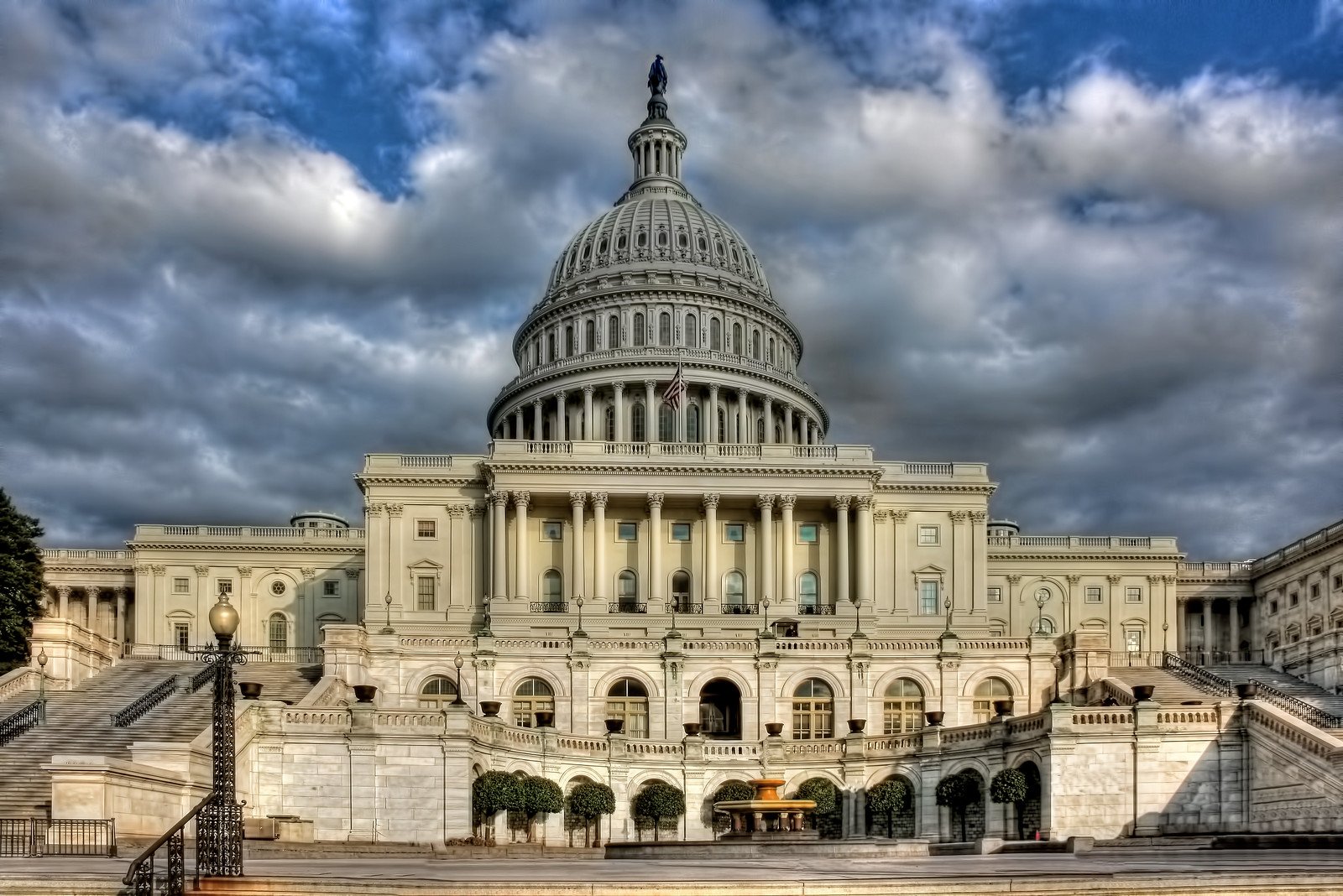
Key Takeaways
- The End Crypto Corruption Act would ban officials from profiting off digital assets.
- It follows the rise of USD1, a Trump-linked stablecoin now worth $2.1 billion.
- The TRUMP memecoin gala dinner has fueled bipartisan ethics concerns.
Senate Democrats introduced the “End Crypto Corruption Act” on May 6 to prevent elected officials and their families from issuing, promoting, or profiting from digital assets while in office.
The bill arrives as concerns mount over former President Donald Trump’s connections to the booming USD1 stablecoin and TRUMP memecoin.
Senator Merkley’s statement
Senator Jeff Merkley (D-OR), who spearheaded the legislation, said the goal is to eliminate what he called “profoundly corrupt” opportunities for officials to be enriched through digital assets they influence.
Merkley stated:
People who wish to cultivate influence with the president can enrich him personally by buying cryptocurrency he owns or controls. This is a profoundly corrupt scheme.
Impact of USD1 & TRUMP memecoin
The bill’s release comes as USD1, a Trump-linked stablecoin, surpasses $2.1 billion in market cap.
Its issuer, World Liberty Financial, reportedly channels hundreds of millions in revenue to a Trump-affiliated entity.
Tensions escalated after it was revealed that top holders of the TRUMP memecoin—largely controlled by insiders and family members who own 80% of the supply—would gain VIP access to a gala dinner with Trump himself.
Only 10% of the token supply is in public circulation.
Legislative timing & reactions
The bill’s timing, just before the May 8 Senate vote on the GENIUS Act (a stablecoin regulatory framework), has complicated legislative negotiations.
Some GOP senators support stricter ethics provisions, while others resist what they see as partisan interference.
Potential implications for lawmakers
Though only 13 lawmakers currently disclose any Bitcoin-related holdings, the bill could require divestitures and impact future policymaking.




